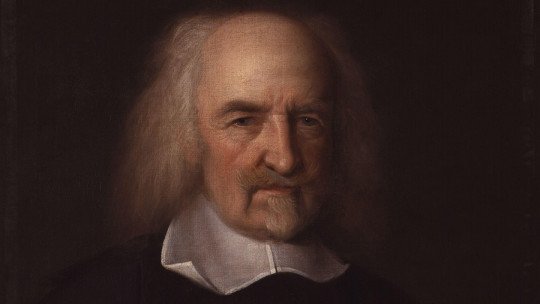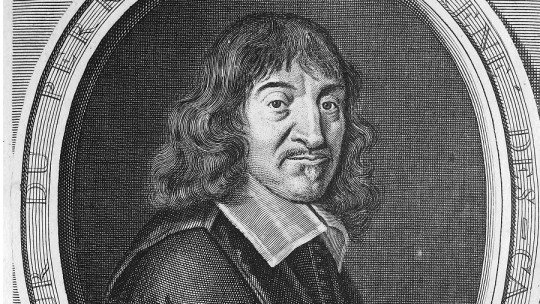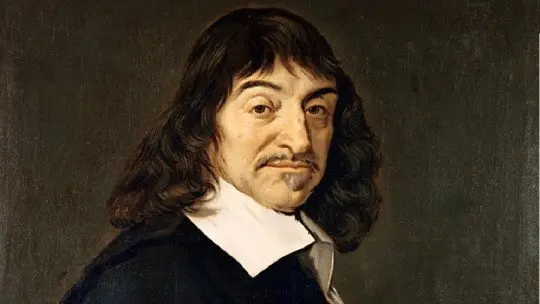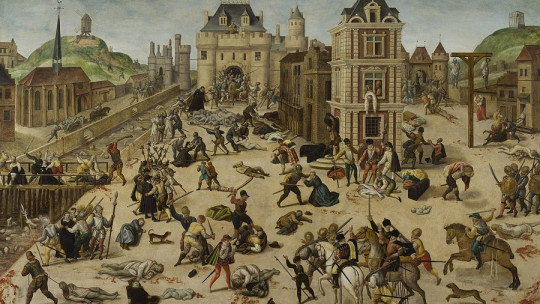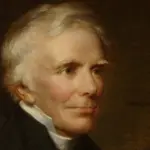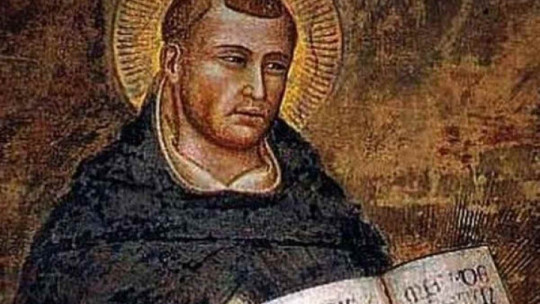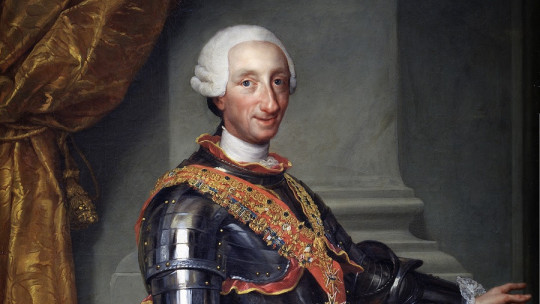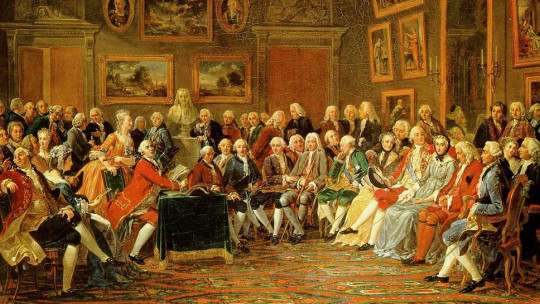The Modern Age, within the traditional historical classification, covers more or less from the end of the 15th century to the time of the Enlightenment. We already know the danger that such labels entail, although they still have a certain meaning.
The 16th and 17th centuries represented a radical change in Western philosophy, as they meant the consolidation of the thought that had been predicted since the 14th century. Early Modern philosophers scrupulously separated science from religion , although that does not mean they stopped being men of faith. The bases of his thinking are based, above all, on rationalism, that is, the use of the deductive method to achieve knowledge. On the other hand, many of them, like Leibniz, were also men of science, closely linked to disciplines such as mathematics or astronomy.
5 philosophers of the Modern Age that you should know
There are many more, of course, but in this article we propose a review of the 5 most important philosophers of the Modern Age.
1. René Descartes (1596-1650)
He is probably one of the best-known modern philosophers, and also one of the most relevant to the history of philosophy. René Descartes definitively broke with medieval scholasticism, especially through his famous work Discourse of the method (1637), in which laid the foundations of the scientific method; that is, deductive thinking
Descartes was born in France at the end of the 16th century and died in Sweden, where he had been invited by Queen Christina, a very cultured woman and especially interested in the philosopher’s work. Rivers of ink have flowed about his death; Officially, the thinker died due to pneumonia, but there are voices that assure that he, in reality, was murdered, possibly due to the influence he had over the Swedish queen.
Rumors aside, the truth is that philosophy takes an absolutely different direction from what it has been up to then. Already in the 14th century, new philosophical currents began to emerge in England, especially around the Oxford circle, that pointed towards scientific thought, very different from the already obsolete scholasticism. The process continued unstoppable during the 15th and 16th centuries and, already in the time of Descartes, triggered the so-called Scientific Revolution of which the philosopher is one of the greatest exponents.
2. Francis Bacon (1561-1626)
A few years before the appearance of the Discourse on the Cartesian Method, the English philosopher Francis Bacon was already experimenting with scientific discourse. Specifically, in his work De dignitate et augmentis scientiarum, published in 1620. This lawyer, born into a noble family (his father was Lord Keeper of the Seal), exalted the utilitarian function of knowledge; that is, this It did not serve only to “free the soul”, but had to have, above all, a practical function
On the other hand, Bacon maintained that one thing was the “Book of God” and another, the “Book of Nature.” This idea is characteristic of the scientific era, since it clearly separates the intention of divinity (which the human being will never be able to decipher) from his work itself, which is nature. In this sense, science allows us to discover the functioning of the work, regardless of its meaning.
Bacon affirms, therefore, that on the one hand there is scientific knowledge, which is acquired through reason, and on the other, religious knowledge, which can only be given by faith. This is a clear consequence of the path taken in the 14th century, when empirical science began to separate from religion and thus ended with medieval scholasticism.
3. Baruch Spinoza (1632-1677)
Of Sephardic Jewish origin, Spinoza represents another great name within the rationalism of the 17th century. Highly inspired by Descartes’ theories, but equally critical of them, he was expelled from the Amsterdam Jewish community for his rationalist criticism of the Bible.
Spinoza is mainly known for his pantheism : According to his philosophy, every substance is God, and nothing exists apart from it. Thus, nature and God do not constitute a duality, so it is understood that the first is not a creation of the second, but rather they are the same thing. On the other hand, Spinoza differentiated three states of knowledge: the first was based on the passions and, therefore, was imperfect; the second, higher, was based on reason. Finally, the third state of knowledge was based on intuition, which reached God himself. This last state was supra-individual, and in it, the human being knew in a disinterested way and from the point of view of divinity, therefore far from the passions that dragged him in the first state.
4. Gottfried Leibniz (1646-1716)
Gottfried Leibniz is considered one of the last intellectuals of a universal nature, just before the arrival of the Enlightenment and academic specializations. And Leibniz dominated the field of philosophy, but also mathematics (he was the inventor of the second prototype of the calculating machine), law and history, among many other disciplines.
Leibniz is known mainly for the famous phrase “the best of all possible worlds.” which appeared in his work Theodicy Essays on the Goodness of God, the Freedom of Man and the Origin of Evil in Society, published in 1710. According to this idea, the philosopher establishes that, if the world is God’s creation, it must necessarily be the best scenario that can be created, since it is unimaginable that something that is not perfect comes from God. The argument aims to clarify the so-called “problem of evil”, that is, to know why evil and suffering exist in the world.
Like most intellectuals and scientists of the Modern Age, Leibniz was not an atheist. Science and religion did not then represent any contradiction, a fact that derived from the famous “Ockham’s razor”, by which the medieval philosopher conveniently separated empirical science from faith.
5. Thomas Hobbes (1588-1679)
The son of an ecclesiastic, Hobbes is another of the great names of modern philosophy. He has gone down in history for his phrase “man is a wolf to another man”, which has always been fiercely contrasted with Rousseau’s maxim that the nature of the human being is, deep down, good.
As a result of this human “intrinsic evil,” Hobbes argued for the need for people to place their trust in the State , who would be in charge of protecting them. In reality, what the philosopher was doing was supporting the birth of absolute monarchies, typical of the period, a thought that perhaps was the reason why he did not return to his native England during the English Revolution (1642-1688), which brought about the triumph to the parliamentarians.
Hobbes is not only a child of his time, which saw the birth of modern states, but also of the religious wars that had plagued the continent since the 16th century. During his lifetime he was labeled an “atheist” for his intense defense of materialism, but nothing could be further from the truth. In any case, Hobbes represented an essential link to understand the transfer from the old world to the new empirical mentality.

